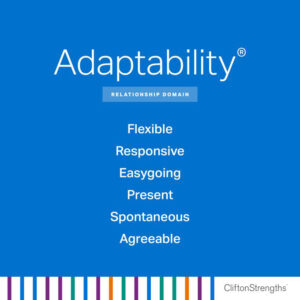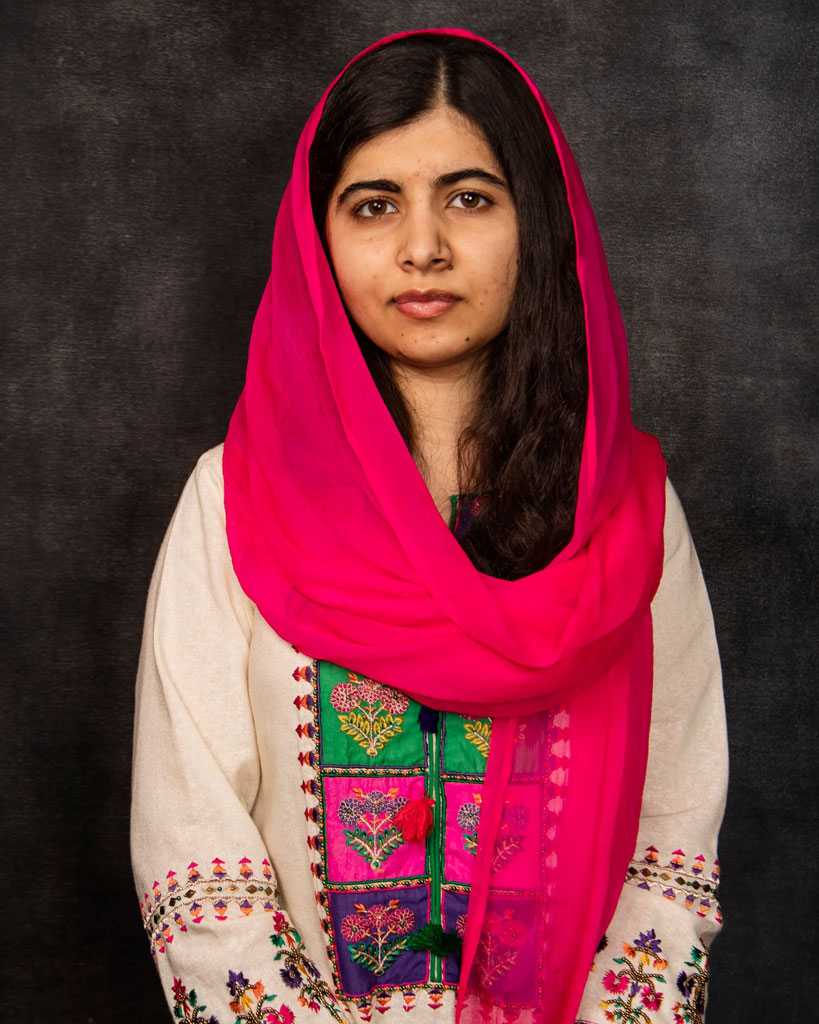Imagine a girl. Imagine a girl in a regime that discriminates against women and girls for the ‘crime’ of being born a girl, that believes you are the source of sin in society. Imagine this girl, despite the oppression, standing up to call out this regime. Imagine this girl being shot in the head. She wasn’t that much older than my daughter.
How did she do it? Malala epitomises the strength of Adaptability.Malala Yousafzai, as a young activist, has shown remarkable adaptability in her efforts to promote girls’ education and women’s rights. Despite facing life-threatening adversity, including surviving an assassination attempt by the Taliban, she has remained resilient and adaptable in pursuing her cause.

One aspect of Malala’s adaptability is her ability to adjust her advocacy strategies to different contexts. As a teenager, she started by anonymously writing a blog for the BBC Urdu website under a pseudonym, detailing her experiences under Taliban rule and advocating for girls’ education. This allowed her to raise awareness about the challenges girls face in accessing education in her native Swat Valley, Pakistan.
After surviving the attack and gaining international recognition, Malala expanded her advocacy efforts to a global scale. She became a prominent public speaker, delivering impassioned speeches at various platforms such as the United Nations, addressing world leaders and inspiring audiences worldwide. Her ability to adapt her message and approach to different audiences and platforms has been instrumental in spreading her message and gaining support for girls’ education globally.
Furthermore, Malala’s adaptability is evident in her founding of the Malala Fund. The organisation focuses on advocating for girls’ education, supporting local initiatives, and driving systemic change. The fund’s approach varies depending on the context and needs of different communities, adapting its programs and strategies to effectively address the specific challenges faced by girls in various regions.
In addition to her advocacy work, Malala has adapted to the role of a global icon and spokesperson for educational rights. She has navigated the complex landscape of international politics, diplomacy, and media, using her platform to raise awareness and effect change. Her adaptability in adjusting to the demands and responsibilities of her influential role has contributed to her continued impact and recognition.
Overall, Malala Yousafzai has demonstrated adaptability through her ability to adjust her advocacy strategies, expand her reach, and adapt to the demands of her global role. She has effectively navigated different contexts and platforms, allowing her message and efforts to resonate with diverse audiences and make a lasting impact on girls’ education worldwide.

